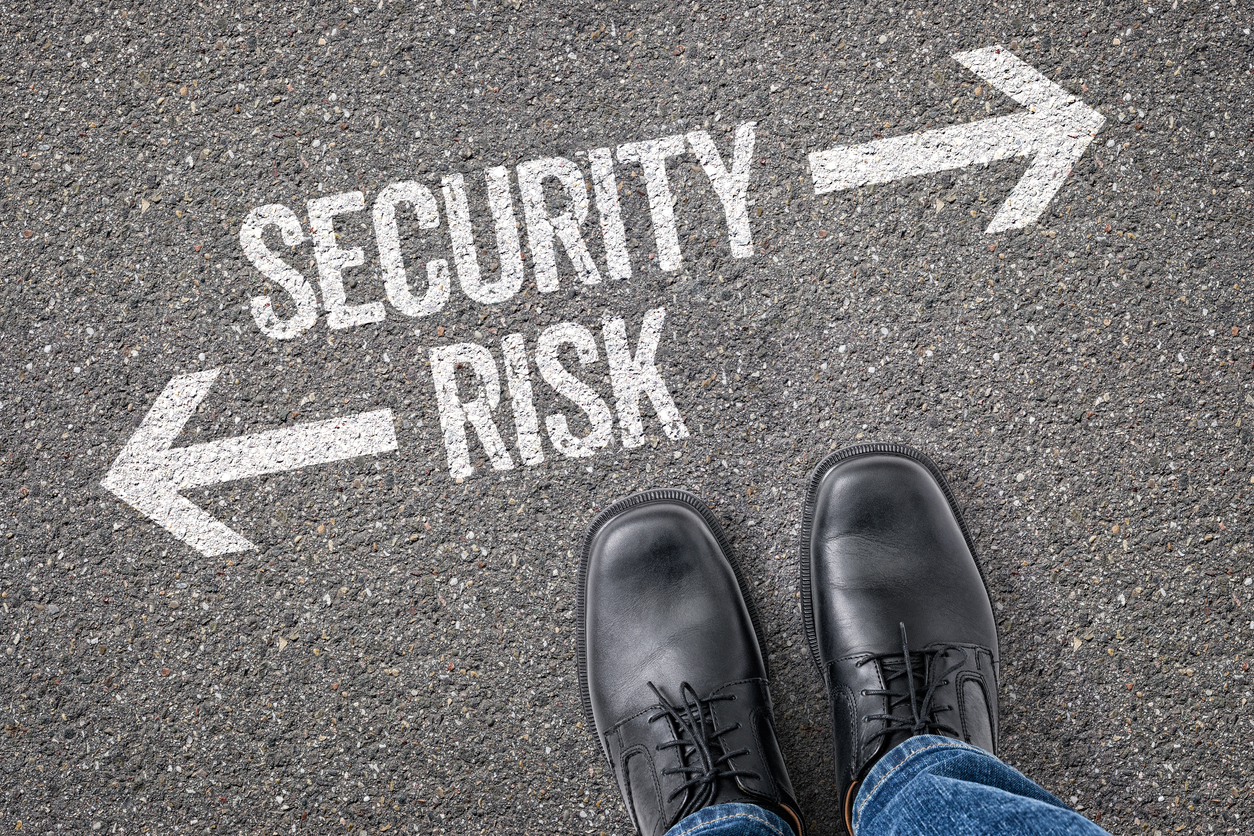
July 2024
tl;dr
- End-of-Life Risks: Drupal 7 will reach end-of-life in January, increasing the risk of security vulnerabilities.
- Hack Potential: Open-source code can be examined for weaknesses, making future hacks likely.
- Consequences of a Hack: Hacks can lead to content loss, brand damage, and costly recovery efforts.
- Upgrade Benefits: Upgrading to Drupal 10 or migrating to WordPress offers enhanced security and new features.
- Action Required: Upgrading before the end-of-life date is crucial to avoid potential security threats.
As Drupal 7 approaches its end-of-life in January 2025, website owners are faced with a critical decision: upgrade to a newer version, such as Drupal 10, migrate to a new CMS, such as WordPress, or risk inevitable security vulnerabilities. While many understand that end-of-life software poses risks, there is often a misconception about the urgency and implications of these risks. By remaining on Drupal 7, you leave your site vulnerable and expose it to potential threats, making it a sitting duck in the ever-evolving landscape of cybersecurity.
Understanding the Risks
It's important to clarify that a Drupal 7 website won't immediately become vulnerable on the day Drupal 7 reaches its end-of-life. The core system, which has been fortified with years of security patches, will remain stable for some time. However, this stability is temporary and deceptive. Since the code is open-source, anyone, including malicious actors, can, and will, examine it to discover vulnerabilities.
iS2 Digital's founder and CEO, Kevin Goldberg, explained the risks. "There will be security holes; there's no question about it. Nobody knows how long it's going to take, and nobody knows what those security holes will be. But at some point, somebody will find a vulnerability. And once that happens, all Drupal 7 sites will be at significant risk without the support of the Drupal community to patch the security hole."
The Fallout of a Hack
When a site is compromised, the consequences can be severe and multifaceted. Identifying the changes made by hackers can be challenging, especially if the site isn't using a version control system. Goldberg stated, "The difficulty lies in pinpointing what malicious code has been injected and determining how far back one must go to find a clean version of the website. This can result in the loss of valuable content and assets, not to mention the costs associated with restoring the website."
Moreover, the brand damage can be significant. If inappropriate content is posted on a compromised site, it can tarnish a brand's reputation. As well, Goldberg continued, "The damages are even more severe to budget and brand reputation if your website handles any personal or sensitive information, like credit card details, where breaches can lead to serious legal and financial consequences."
Why Upgrading or Migrating Is Crucial
The longer a site remains on Drupal 7 post-end-of-life, the greater the risk of exploitation. The question is not if -- but when -- a vulnerability will be exploited. Therefore, delaying an upgrade or migration could be a costly gamble.
Goldberg recommends upgrading to Drupal 10 or migrating to another platform like WordPress as soon as possible. "This not only ensures that your site is protected by the latest security measures but also provides access to new features and improved performance. The costs and effort involved in upgrading are far outweighed by the potential losses from a security breach," he added.
Conclusion
As the end-of-life date for Drupal 7 approaches, website owners must prioritize security. The risk of maintaining a Drupal 7 site post-end-of-life is too great to ignore. By upgrading to Drupal 10 or migrating to another platform, you can safeguard your site, protect your brand, and ensure a secure online presence for the future. Upgrading your Drupal 7 site will ensure that your site is not just afloat but sailing smoothly and securely.
Don't let your Drupal 7 site be a sitting duck—make the smart move and upgrade today.
